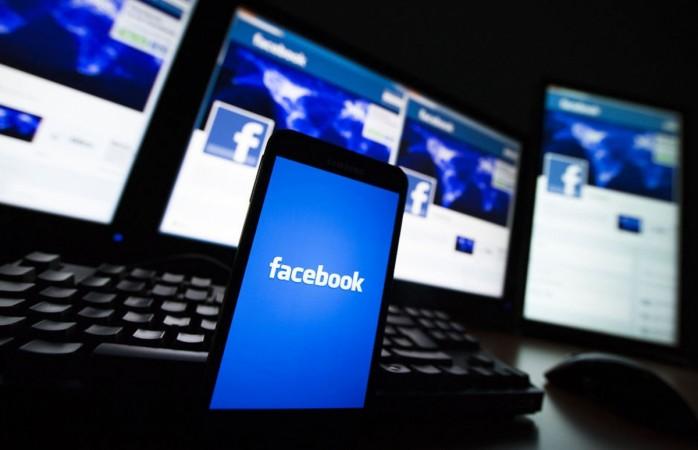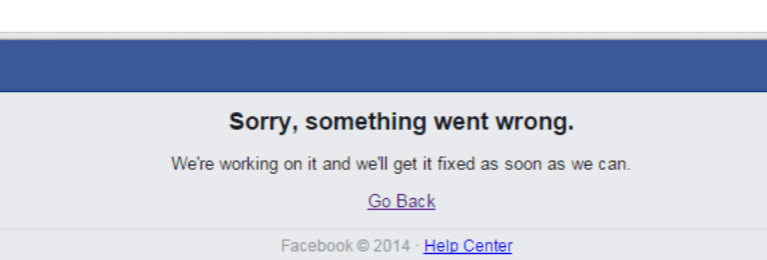Popular social media platforms Facebook, Instagram and WhatsApp messenger suffered an outage for a few hours across the world on Sunday (April 14). Though it recovered soon, there was no official word on the cause of the service disruption.
"Some people may have experienced trouble connecting to the family of apps. The issue has since been resolved; we're sorry for any inconvenience," a Facebook spokesman told Reuters.
However, the outage was not that severe compared to the last month, as the Sunday's incident affected around 12,000 people could not access Facebook, while 3,000 could use WhatsApp and 7,000 were annoyed with issues on Instagram.

As the numbers say, very few regions of Europe and Asia were affected by the disruption. In India, some people faced issues on desktop versions, but only for a brief time.
Last month, all three services were affected across the world including the subcontinent and some regions for a whole day. People who tried accessing the Tinder, Spotify and Oculus VR gaming platform using their Facebook ID, could not log in and got really annoyed and vented their anger over Facebook with strongly worded complaints on Twitter to get the service back online.
In a related development, Facebook has announced three-pronged measures to measures—remove, reduce and inform—to counter the spread of misinformation, hate speeches and other vile content on its social media platforms including Instagram and Facebook Messenger app.
Facebook will be using a combination of the latest technology, human review and also user reports to identify and remove harmful groups, whether they are public, closed or secret.

Furthermore, as part of the Safe Communities Initiative, the company has promised come down heavy on Facebook group admins and will be held accountable for Community Standards violations. It plans to start reviewing Facebook groups in the coming weeks.
Also, Facebook will focus on enforcing strict punishment against fake accounts and coordinated inauthentic behaviour and take the help of The Associated Press as part of the third-party fact-checking program.
And, Facebook will make the users understand the context of the article pushed on the News Feed. This will help people decide what to read, trust and share on its social media channel.















